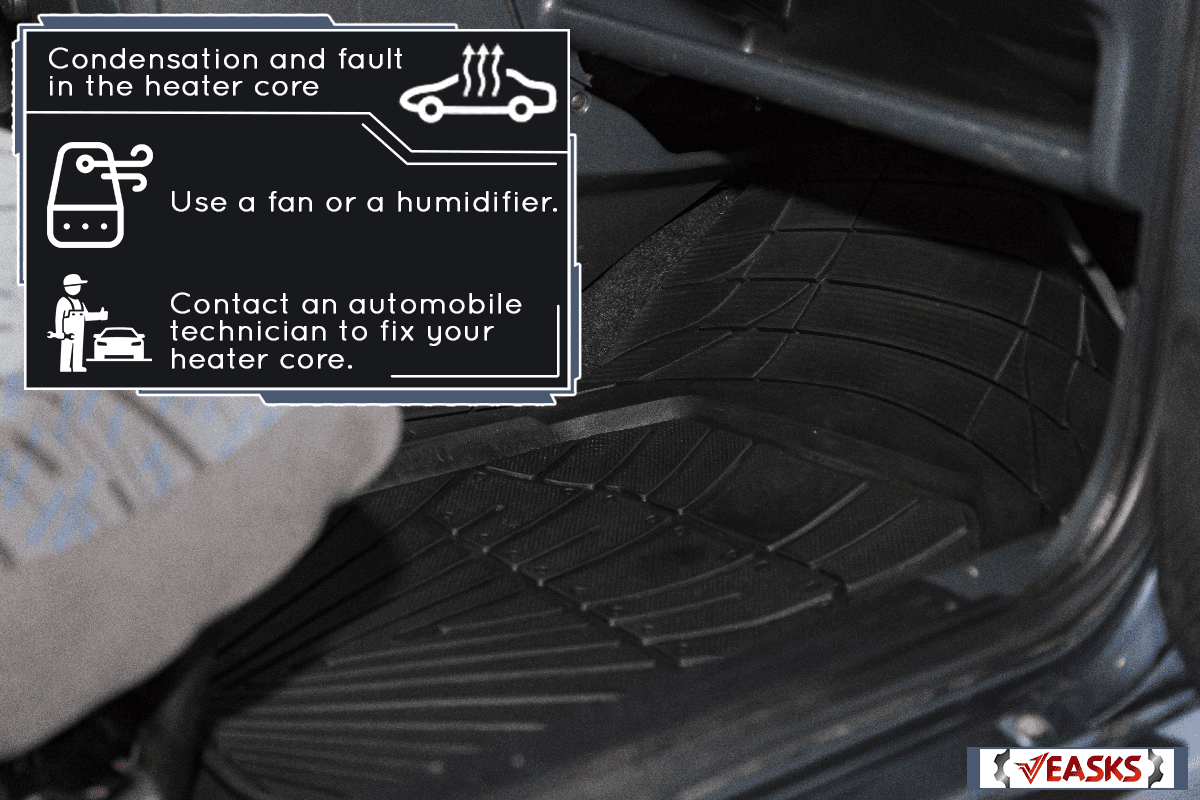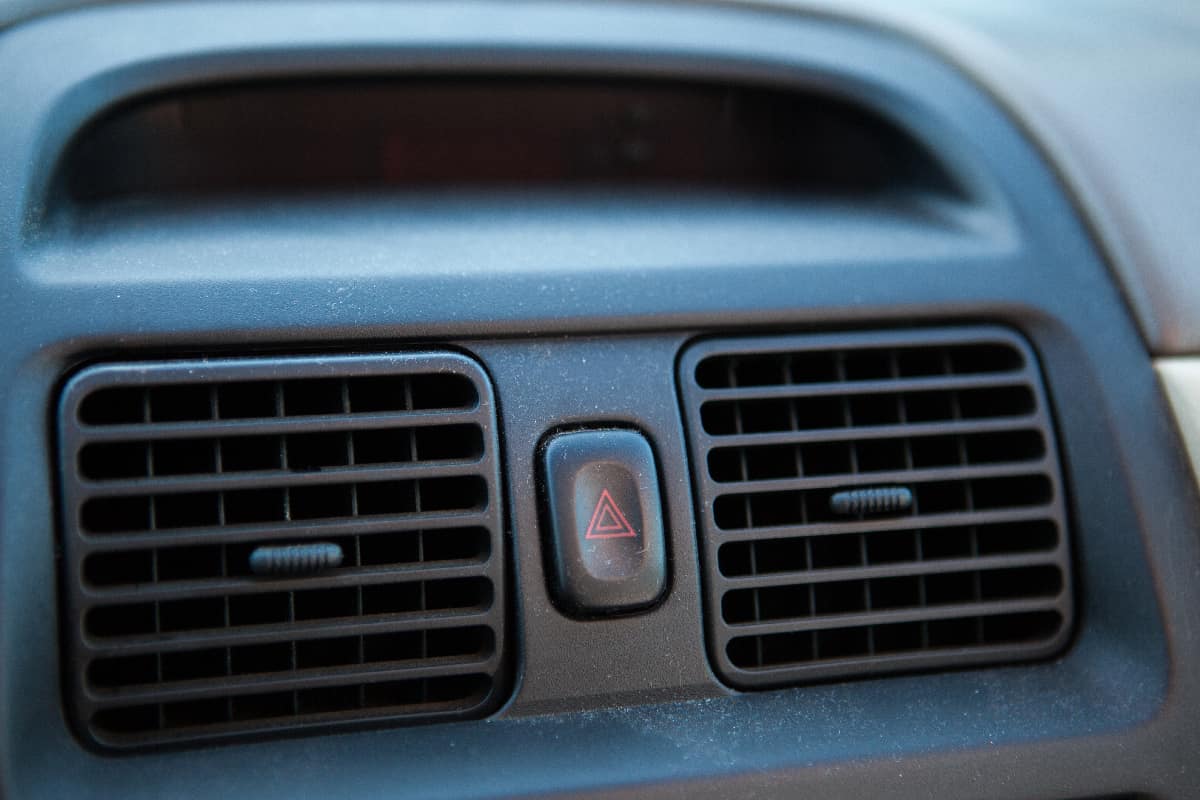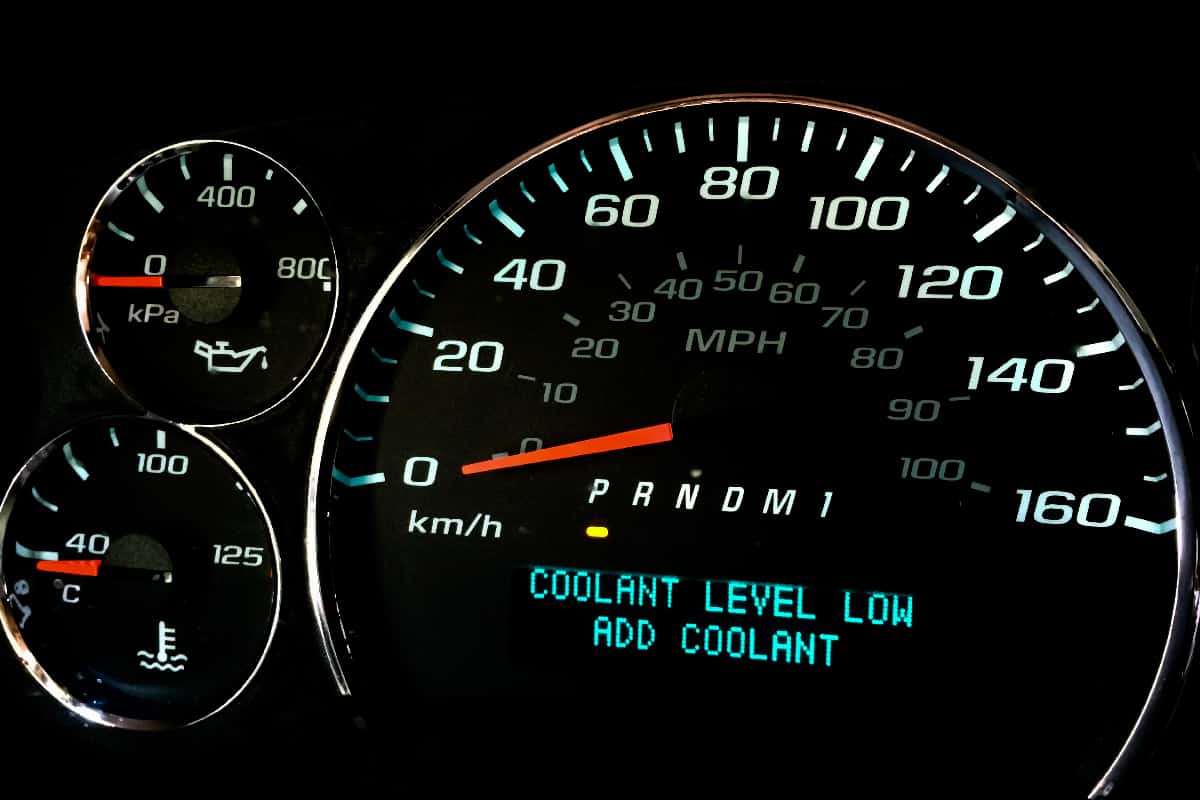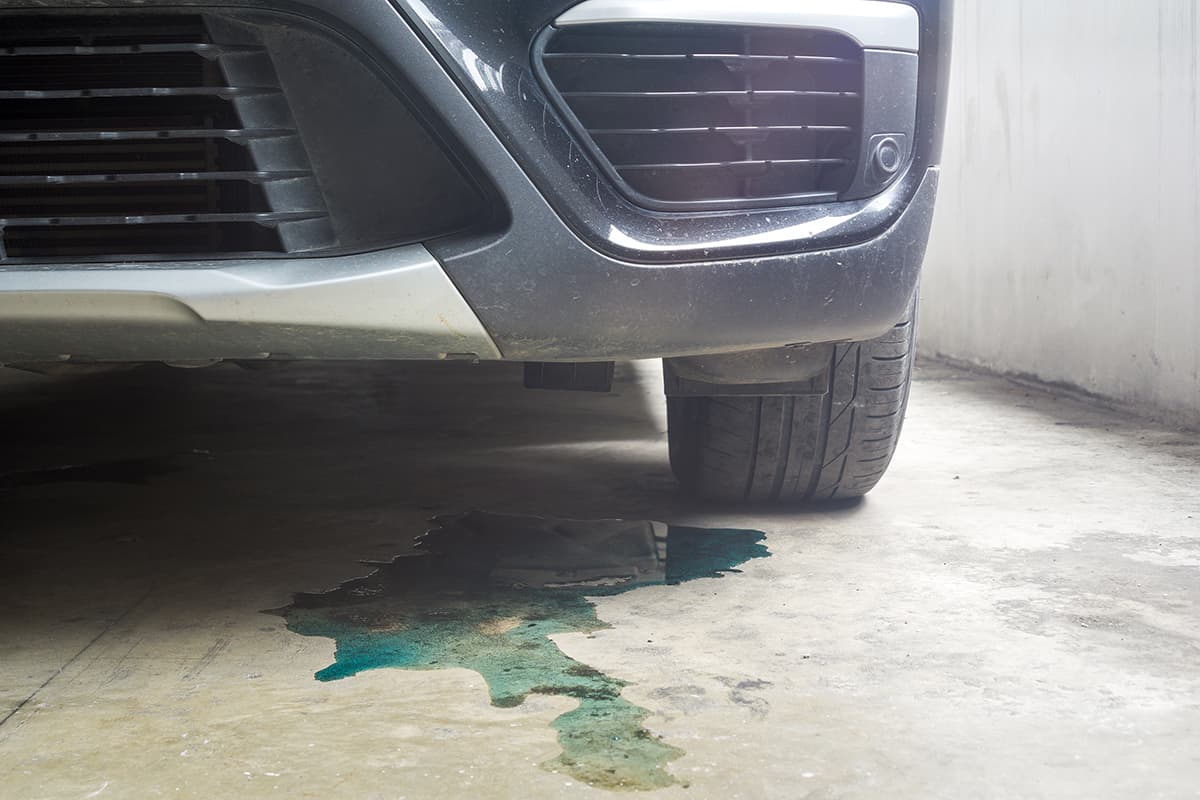Much like a radiator, the heater core might develop a leak over time. In that case, there is a good chance that the coolant mixture will get all over the floorboard on the vehicle's passenger side. Why does this happen, and how can you fix it? Here are answers from experts.
Water in the truck's floorboard can result from condensation and fault in the heater core. The immediate solution is to dry the water using a fan or a humidifier. You must find a suitable location to complete the task. A secondary solution to this problem is to get an automobile technician to examine and fix your heater core.
Water in your floorboard is unhygienic and can be inconvenient. Keep reading the article to get more in-depth details about why this happens and how to fix it.

Why Is Water In The Floorboard Of Your Truck?
The heater core is heated by the coolant that runs through the engine. The blower motor blasts the air over the heater core when you turn on the heater.
This heats the passenger compartment. If this core leaks, the fluid will often seep into the floorboard of the passenger compartment.
Why Is My Floor Wet With No Leak?

When warm air containing moisture comes into contact with a cold surface, such as your car's glass, condensation can form on that surface.
When warm air comes into contact with cold air, the moisture in the warm air will condense onto the cold surface.
It can lead to the accumulation of condensed water on the floor of your truck, although this is often minimal. A wet floor without leaks might also result from your car's exposure to rainwater.
What To Do When There's Water On The Floorboard Of Your Truck
If you've noticed water on the floorboard of your truck, here's what you should do.
- Put on your safety gear, and choose a more appropriate location for the task.
- Get rid of as much of the standing water as you can.
- For drying, you should set up fans and a dehumidifier.
- Dry the area beneath the automobile carpeting.
- Make use of items that absorb moisture to assist in the drying process.
How Do You Know If Heater Core Is Leaking?

The various signs you should watch out for if you're suspicious that your heater core is leaking are as follows:
Sweety Odor
You could detect an unpleasant smell coming from your vents. This odor is the radiator fluid, which is a sure sign that coolant is seeping into the cabin.
You might also notice an odor around the exterior of your vehicle. If you do, immediately check underneath your vehicle to determine how much of that coolant has leaked out onto the ground.
Fogging Up Of Windows

The cabin of your vehicle suddenly becoming foggy for no apparent cause is one of the most prevalent warning signs of a problem with the heater core.
This fog is brought on by heated coolant that has leaked into the cabin. It becomes steam as it comes into contact with the cooler air inside your vehicle.
Cold Air Blowing Into The Cabin
When the heater core develops a hole or is punctured, the warm air inside may escape at a rate too high to reach you at the other end of the heater ducts in time.
You may feel the air that is barely warm, tepid, or frigid flowing from your heater. It will depend on the size of the hole that has been punctured.
The Vehicle Is Gobbling The Coolant

If you find that your car suddenly requires more coolant than usual, it may be a sign that your vehicle's heater core is leaking.
The coolant may leak into your cabin while the system is cold, but rather than producing fog, it generates a puddle. Check to see any moisture on the floor of the passenger compartment.
Cold Car Cabin And Hot Engine
Overheating could also be a signal that your heater core is leaking. When your engine reaches a high temperature, the primary components of your vehicle will experience a breakdown.
If your vehicle is overheated or continues to overheat, you will want to check the health of your heater core.
How Expensive Is It To Replace A Heater Core?
Repairing your heater core by a professional will incur a total cost of between $800 and $1,000, including the cost of the materials and the labor.
Because the labor cost can vary, it is crucial to contact ahead and acquire estimates from multiple repair businesses. If you can fix the heater on your own, the only cost you will incur will be the price of a new heater core, which can range anywhere from $100 to $300.
You can check out this automotive replacement heater core on Amazon.
How Long Does It Take To Replace A Heater Core?
In light of the amount of work that needs to be completed, any time within a window of one to 12 hours will do. After all, it's a rather tedious process to disassemble everything.
All of this will depend on your abilities, your tools, etc. A second person to help with the process can also make you complete it quickly.
Can I Drive With A Leaking Heater Core?
Simply turning off the heat will suffice if there is a leak in the heater core. Because of this, a valve will be closed, and the hot engine water will not be routed to the heater core.
However, you can continue driving for as long as you choose. If you cannot turn off the water supply to the heater core and it is leaking, you can continue driving for as long as there is water in the tank.
Can Heater Core Affect Air Conditioning?
The heater core will not prevent the air conditioner from producing a cold breeze. Suppose your air conditioner operates correctly and has the appropriate amount of refrigerant. In that case, it is possible that the temperature mix door is not functioning correctly and remains in the heat mode.
How Do I Know When My Water Pump is Bad?
A bad water pump can lead to water accumulation on your truck's floorboard. Here's how to know if your water pump is bad.
Leaking Coolant

A puddle of coolant where you park your car may indicate a malfunctioning water pump. Pump gaskets and seals dry out, crack, or fail over time. Pump coolant leaks when this happens.
If you detect a puddle of orange, green, pink, or blue liquid upon leaving your driveway, take your automobile to a repair shop. Your mechanic can replace the gaskets and seals, a small remedy.
Rust Or Deposit Buildup
A non-compatible coolant or a faulty pressure cap can cause a water pump to leak and sludge or rust build up over time. Either way, your pump will lose efficiency, causing engine failure.
Checking your engine regularly is a healthy practice. If you find rust, pits, or buildup around your pump, replace it.
Noise
You might hear a high-pitched noise from a loose accessory belt. Loose belts are generally caused by loose pulleys or bearings that need tightening or replacement. If your engine is making a whining sound, have it inspected immediately.
Slipping, breaking, or snapping motor belts can cause catastrophic damage. Changing your belts according to your vehicle's maintenance schedule will prevent breakdowns.
Overheating
Is your car's temperature gauge rising? Your water pump may be failing. Overheating in vehicles is dangerous because engine failure can occur. Immediately take your hot car to the repair.
Steam
If your car's hood is billowing with steam, there is a problem. When a water pump breaks, the engine overheats from a lack of coolant. If you observe steam, pull over and call your mechanic; driving with an overheated engine can destroy it.
Check out this leak-free performance water pump on Amazon.
Conclusion
A vehicle's cooling system includes the heater core as one of its components. It resembles a miniature radiator in appearance and operation, moving coolant through the individual tubes and radiating heat into the passenger compartment.
A heater core malfunction can lead to an accumulation of water on your floorboard. To fix this issue, follow the recommended steps above.
Read these engaging posts for more on how to maintain your trucks:




![Portrait of middle aged bearded truck driver standing by the truck and showing his commercial driver license. Focus on CDL license. Truck driving school and job openings, Do You Need A CDL To Drive A Box Truck [By State]](https://veasks.com/wp-content/uploads/2022/11/PORTRA1-600x400.jpg)
